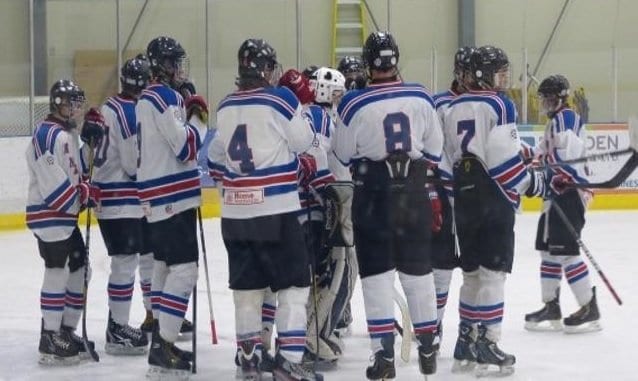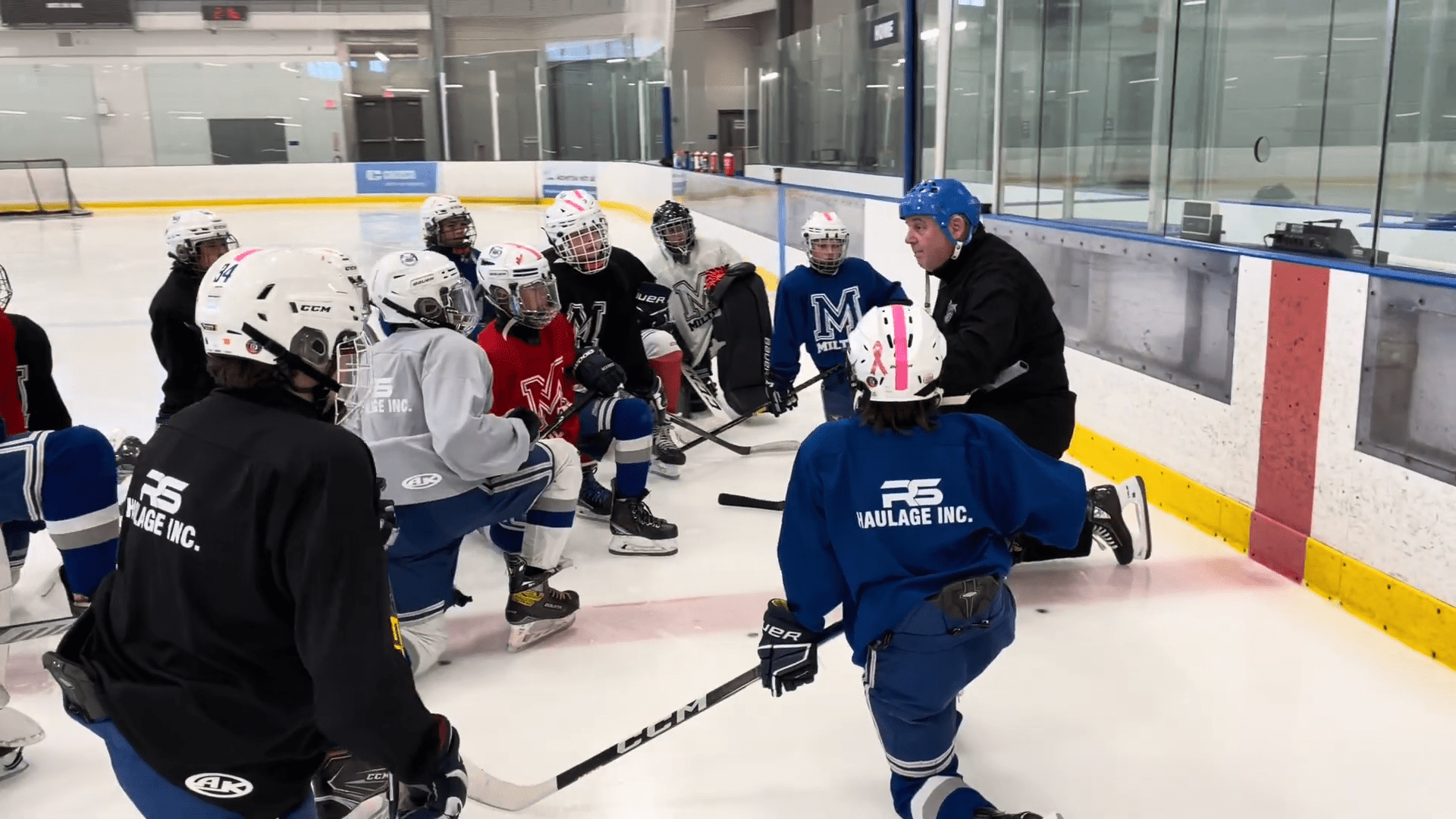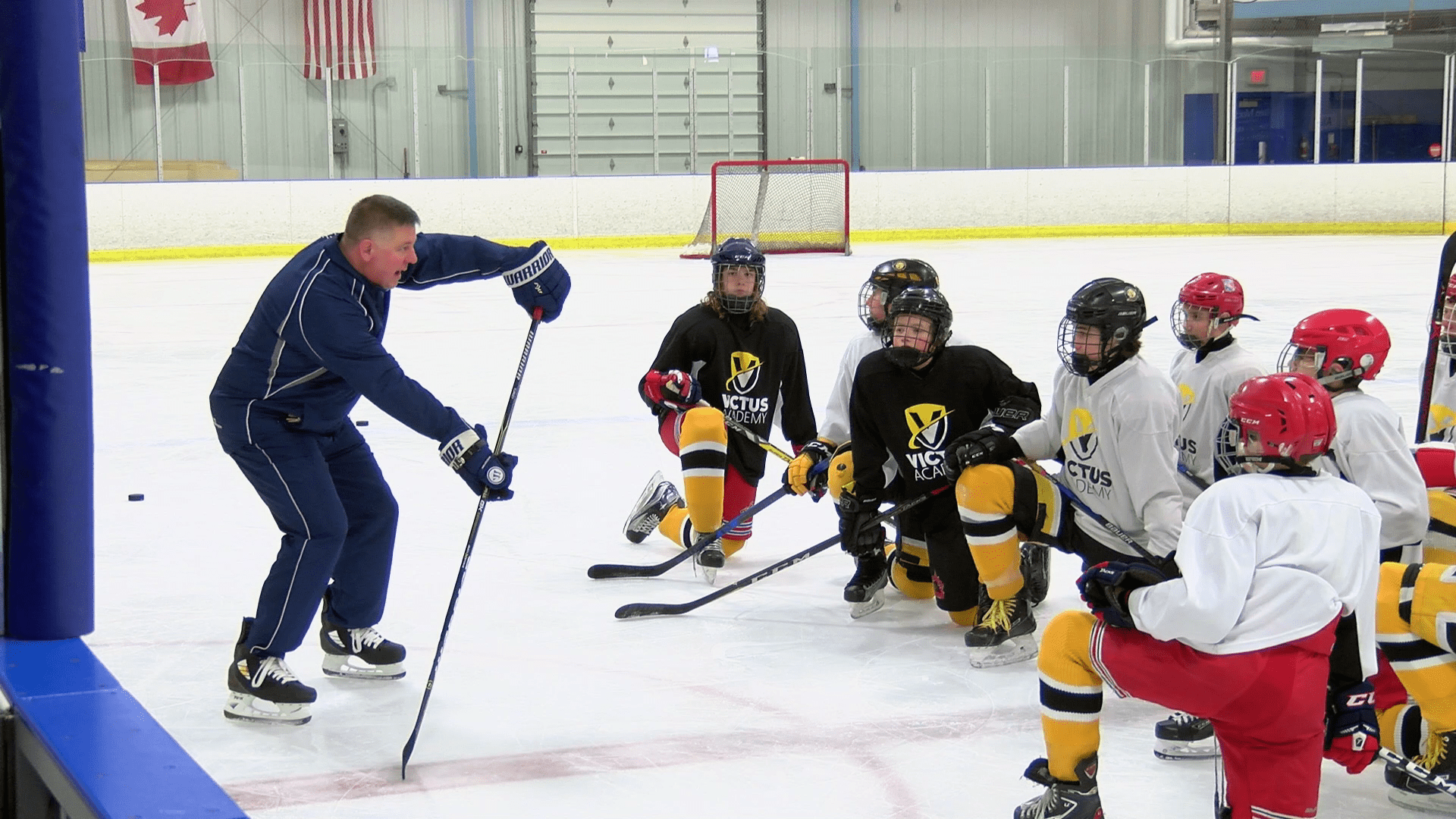Hockey is a physically intense sport that requires strength, athleticism, and quick reflexes. There’s also however, a strong psychological and mental aspect of hockey that can truly help set the good players apart from the greats. Being the captain of a hockey team requires the ability to keep up with the physical game but also to stay on top of it mentally and emotionally. Captains can’t get into bad habits like taking careless penalties or daydreaming on the ice. They are the cornerstone of the team and must act accordingly in order to keep great chemistry and promote strong teamwork. These are some of the qualities that the best hockey team captains will exhibit both on and off the ice.
Highly Motivated
While some players are able to get by with their natural talent and minimal effort, captains don’t fall into this trap. Even if they are the most skilled player on the team, the captain will be constantly working to improve his or her game on a daily basis. They are willing to show up early and study the other team or go over important drills and learn from past mistakes. To a captain, the most important thing is that the team gives its best effort, and he is prepared to motivate his teammates and often even his coaches in order to bring out everyone’s strengths.
Selfless
A captain isn’t just looking to be the stats leader at the end of the season – he wants to see all of his teammates play to the best of their ability. This means being selfless and giving someone else an opportunity when the situation calls for it. A selfish player might see a small opening on the ice and attempt to shoot their own goal when a much better option was right in front of them. A good captain knows that he should pass in this situation as it gives the team a better chance to score and possibly win the game.
This selflessness doesn’t only show during the game, either. Captains will stick around and help younger or less experienced players with their drills and practices. The captain is there to motivate not only himself but every other player on the team. He will be focused on growth and learning and willing to give his time to the team in order to help others. The success of the team is far more important than that of the individual, and the captain is well aware of this. He’d much rather see a “W” for the team than a hat trick for himself.
Positive Reinforcement
Negative comments and pessimism are contagious and can result in the entire team playing below their standards. If someone takes a bad shot and gets reamed out by their teammates, they may become angry or lose confidence. This can cause them to start playing worse throughout the game even if they hardly made a mistake in the first place.
A good team captain is aware of this and does everything possible to focus on the positive aspects of the game. Instead of dwelling on what went wrong with a certain play, the captain might compliment the initial move or the excellent skating skills shown by the other player. He will discuss what can be changed next time in order to succeed rather than continuing to highlight why the team failed previously. Encouraging a stronger performance always yields better results than putting teammates down and dwelling on poor ones. This starts small with every play on the ice but must also be followed throughout the course of the season. Losing four in a row isn’t an ideal situation for any team, but a captain knows how to rally them together and get everyone looking forward to the next game instead of thinking about the past.
Humble but Strong
While there is nothing wrong with a good goal celebration, a good captain knows not to get too emotional in any aspect of the game. He can have fun with his team and enjoy the victories, but he must maintain a steady, humble but strong presence that keeps the team on an even level. This can be a challenge when everyone is celebrating an overtime victory, but it is a major asset when a team is down multiple goals in a physical and chirpy game against one of its rivals. Instead of succumbing to emotion and taking a bad penalty or starting a fight, a captain knows to focus on the game and remain undistracted.
When the captain can show this kind of resolve, the team is likely to follow suit. Negative emotions should be channeled into a burst of energy to get the team working together again. A captain will not let a bad situation get the best of him, and his teammates will respect him for keeping his head in the game in the face of adversity.
Learns from Mistakes
Many players continue to try to the same technique over and over even when it isn’t working. They may become frustrated and unable to understand why they can’t get their plan to work. The right team captain knows that mistakes will be made and that he must adjust in order to overcome them. This ability to learn from mistakes is one of the strongest traits that a captain can show his team, and he must impart his knowledge to his teammates at every opportunity.
Whether it’s something as small as poor footing leading to an inconsequential turnover or a sloppy pass that leads to the game-ending goal for the other team, a good team captain is always analyzing his and others’ mistakes. This allows him to evaluate the cause of the problem and come up with a fix for it the next time it happens. It isn’t so much dwelling on mistakes as it is learning from them, and that is extremely important for any athlete. Even if his play caused a team to lose the championship game, he sees it as a learning experience that he can take into the next season.







